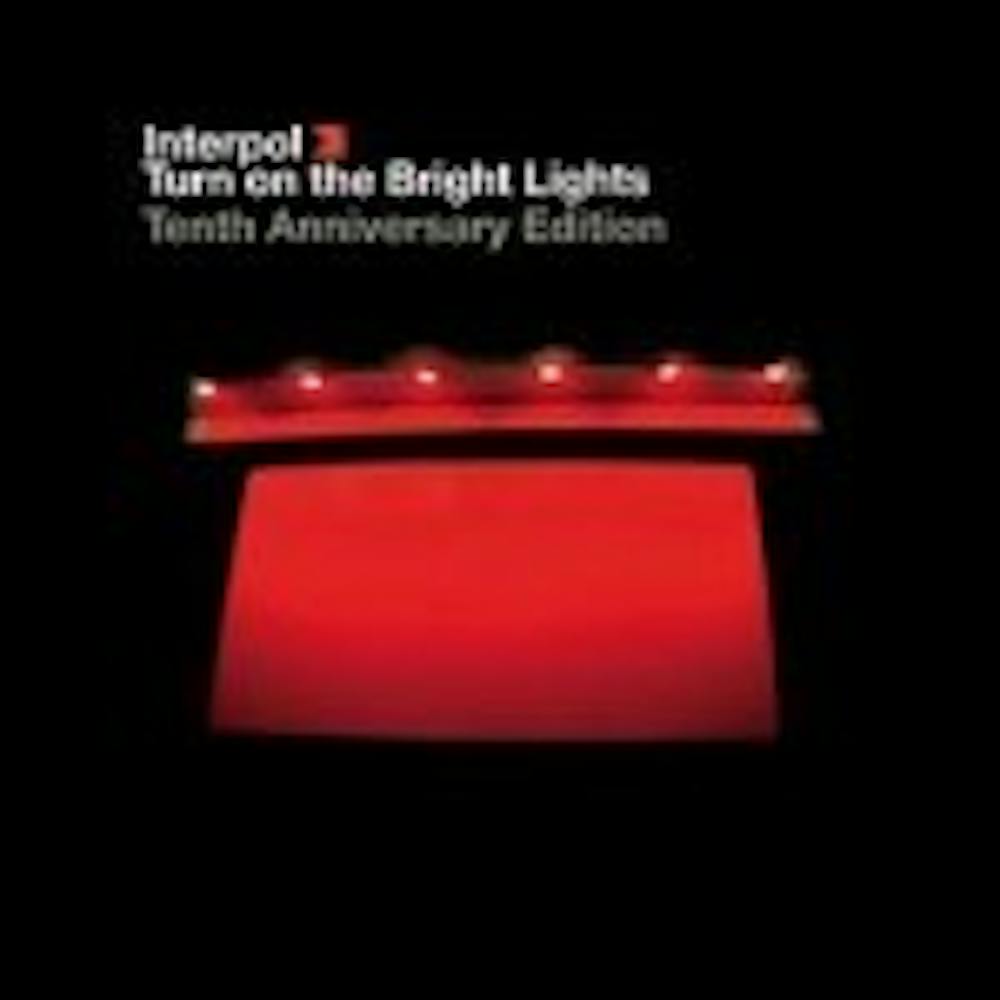Context is a tricky thing when it comes to music.
A lot of albums that are considered classics were adequately able to act as a zeitgeist of their time. Albums sometimes act like history books, except more personal and much less boring. Straight Outta Compton and The Chronic bluntly described the nihilism prevalent in the urban African-American community, while works like The Velvet Underground & Nico and Is This It were anointed as the beginning or revival of their respective genres.
The problem with using context to judge an album is how it affects its longevity. What was revolutionary in a particular point in time could be considered redundant in today's age. It's hard to find anybody religiously listening to albums like Run-D.M.C.'s Raising Hell - an album that took over the charts in the late-80s with its legendary brand of rap rock. What were considered great albums may not resonate as well with listeners years later.
Context was part of what made Turn on the Bright Lights such an acclaimed album ten years ago. Interpol's masterwork captured the post-9/11 funk of the era. The guitars resounding, but shaky reverbs captured the time's vulnerability, while singer Paul Banks struck out from the center with his baritone - sometimes angry and aggressive ("Obstacle 1"), sometimes grief-stricken and aching ("Stella Was A Diver and She Was Always Down").
The whole thing conveys a sense of disconnect, making Turn on the Bright Lights feel like a poetic criticism of New York City. But at the same time, Banks remains painfully aware he's part of the same crowd he's pointing his dagger at. In album standout "NYC," he sings, "Got to be some more change in my life" after he sings "I know you've supported me for a long time/Somehow I'm not impressed." Everyone's got some existential weight to carry.
We're 10 years removed from the era, and yes, Interpol's debut is completely deserving of its reissue. Much has been said about how much Turn on the Bright Lights captures, but part of what makes it a classic is how it creates.
Interpol is four well-dressed men in black with obnoxiously bad haircuts. That description sounds ridiculous, but the album converts the image into a serious, semi-eccentric collage of sound. The songs didn't just borrow from the era, but also from basic human emotion. We heard angst, desolation, loss and love refined by mod, punk and funk influences molded into an 11-track epic.
While Turn on the Bright Lights is reflective, it's important to realize it all presents a different image of New York. It's not one the listener has to like, but the intertwining guitars, the detached vocalist and ever-present drums say he/she damn sure better at least listen. This is New New York, so you might as well at least walk a few blocks.
It turns out that walk isn't half bad. The whole idea behind the album feels like it may be too much of an over-melancholic drag to listen to, but it isn't. You have invigorating "PDA," a five-minute fest of straightforward rock thrills. Daniel Kessler and Banks' guitars resonate in "Stella Was A Diver and She Was Always Down," and years later, we're still trying to figure out what "The subway is a porno" exactly means ("NYC").
Turn on the Bright Lightsbrings in so many elements, and they all culminate in the "The New." This is a song that shouldn't even work on paper. You have Banks, who has the audacity to detune his guitar in the song's spiraling climax. Then as the song collapses on itself with all its reverb-filled post-punk madness, in comes Carlos Dengler's funk bassline. The icing on the cake is Banks' hipster-like suggestion: "You're looking all right tonight/I think we should go."
Really? Is he really only interested in sex with everything that's going on at the moment? But it all works just like the rest of Turn on the Bright Lights.
At the time of the album's release, Interpol was constantly compared to post-punk band Joy Division. This is unfair. Turn on the Bright Lights is a vision of New York, and you can't trace such a vision to just one or two influences with a city that diverse - culturally and emotionally.
Email: brian.josephs@ubspectrum.com





